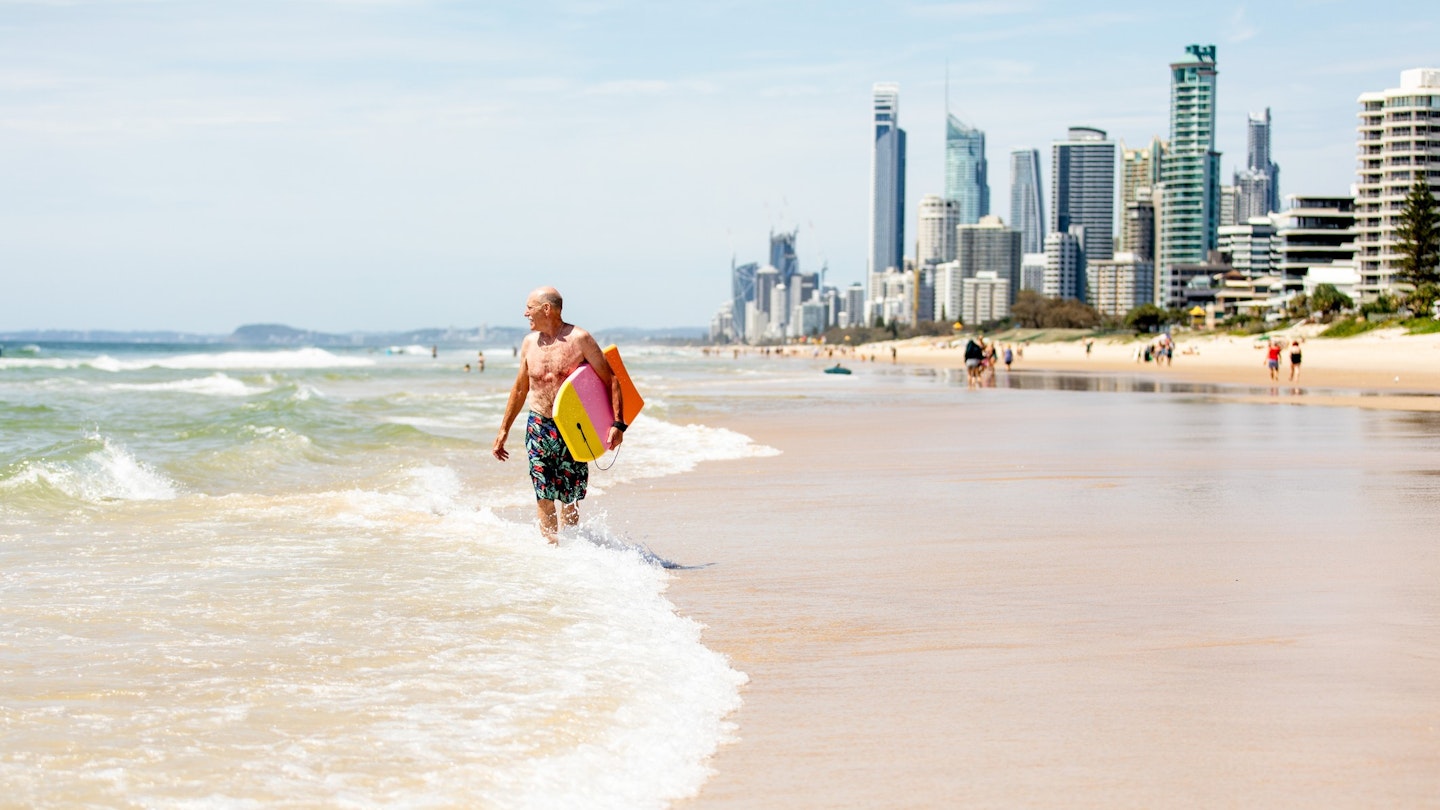Top Money-Saving Tips for Your Trip to Australia
Australia – with its stunning landscapes, vibrant cities, and unique wildlife – is a dream destination for many. Unfortunately, while Australia is known for its laid-back lifestyle, it is not typically considered a budget destination. Even locals find the cost of living a hard pill to swallow. Consequently, how expensive Australia feels will depend on the exchange rate of the Australian dollar with your home currency.
Whether you’re exploring Sydney, Perth or an outback location, costs for food, activities, and accommodation can accumulate rapidly. However, with careful planning, it is possible to maintain reasonable expenses during your trip. Below are some top money-saving tips along with a guide to daily costs.
A Guide to Daily Costs
-
Shared bunk room in a hostel: $40–80
-
Basic room for two: $180–250
-
Single fare on public transport: $2–4
-
Coffee: $5
-
Bacon and egg roll for breakfast: $8–12
-
Meat pie: $6
-
Dinner per person, excluding drinks: $30–60
-
Beer in pub: $5–9
-
Cocktails: $15–25
Total average daily cost: $200–300

1. Plan Your Trip During the Off-Peak Season
Australia’s peak tourist season falls during the southern hemisphere’s summer, making December to February the most expensive time to visit. Instead, consider traveling during the shoulder seasons of spring (September to November) or autumn (March to May). During these times, you are more likely to find deals on accommodation, domestic flights, and tours.
2. Sydney Is Not Always the Cheapest City to Fly Into
Sydney is often perceived as the gateway to Australia. However, flying directly into Melbourne, Brisbane, or Perth might save you money. Domestic airfares within Australia are generally budget-friendly, although the environmental impact is worth considering. One-way flights between major cities can be as low as $59, and traveling with budget airlines typically offers decent service.
3. The Cheapest Places to Eat Are Markets and Pubs
While Australia’s major cities boast top-notch restaurants, budget travelers may find more affordable options at local markets and pubs. Enjoy street food at lively markets, with dishes often starting at just $5. Regional areas also offer farmers’ markets on weekends, showcasing fresh baked goods and local produce.

4. Australia’s Best Attractions Are Free
Australia boasts stunning natural attractions such as beaches and national parks. There are over 600 national parks, many of which are free to enter. Additionally, numerous museums and cultural institutions offer free admission, making it easy to explore the country without straining your budget.
5. Hire an RV or Campervan for Cheap Accommodation and Travel
Whether exploring the outback or the coast, hiring a campervan can provide cheap accommodation while you travel. Daily rental rates often start around $40, and you can find caravan parks offering stays for as little as $30 a night. Many free campsites are also available, offering a unique experience off the beaten path.

6. Consider a Farm Stay for a Different Perspective
Staying on a working farm is a growing trend among travelers. Enjoy a unique experience and often lower prices than hotels while interacting with farm animals. Farm stays can also offer breakfast, making them an appealing option for families seeking budget-friendly accommodation.
7. Work or Volunteer While You Travel
A working holiday visa in Australia allows travelers aged 18 to 30 (or up to 35 in some cases) to work while exploring the country. Housesitting is another option for budget-conscious travelers, allowing you to stay for free in exchange for caring for someone else’s home and possibly pets.
8. Bring Your Own Wine to Dinner
Alcohol in Australia can be expensive due to high taxes. To save money, seek out restaurants that permit you to bring your own wine, typically for a small corkage fee. This way, you can enjoy a budget-friendly dinner without overspending on drinks.
9. Join a Group Tour
Australia’s vast size can lead to unanticipated expenses. Group tours provide excellent value as they often cover lodging, food, and experiences at a discounted rate. This can also save you time and effort in planning your travels.




